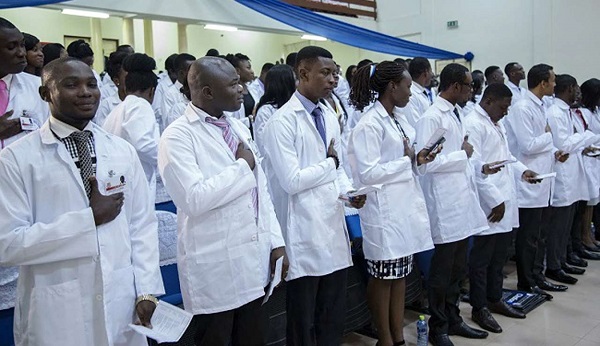
Stakeholders in Nigeria’s health sector have acknowledged that the country faces a constantly evolving health landscape marked by persistent challenges and emerging crises.
At the 2024 Gatefield Health Summit, themed “Beyond 65,” stakeholders gathered in Abuja on Tuesday to address these issues. The summit brought together influential global health leaders and advocates to discuss the escalating crisis of non-communicable diseases (NCDs) in Nigeria and sub-Saharan Africa, where NCDs account for 37 percent of deaths—more than one in three people.
Stakeholders expressed concern that NCDs, infectious outbreaks, and a strained healthcare workforce are placing immense pressure on the country’s healthcare system. They assessed past shortcomings and envisioned strategies to strengthen healthcare delivery, improve outcomes and ensure a sustainable future for Nigeria’s public health systems.
Former executive vice chairman of the Federal Competition and Consumer Protection Commission (FCCPC), Babatunde Irukera reflected on the challenges facing public health and lessons learned from the COVID-19 pandemic. Irukera emphasised the need for robust health systems, preventive measures and accountability in healthcare management.
Reflecting on the pandemic’s impact, he said, “The loss is far more than statistics. It’s about community, society, and nation. We must see it for what it means.”
He also underscored the importance of managing underlying conditions like diabetes and cardiovascular diseases, which significantly contribute to morbidity and mortality during health crises like COVID-19. “Even with the best management, the world is not prepared for the problems associated with these conditions,” he noted.
Irukera emphasised the role of prevention, particularly in managing chronic conditions like high blood pressure and diabetes, which are often overlooked due to their long-term nature. “Preventive measures, particularly lifestyle changes, are essential,” he added.
A leading public health advocate, Kristina Sperkova called for prioritisation of people’s health and the planet’s sustainability over corporate profits, highlighting the conflict between corporate greed and public welfare. “We must act ambitiously and take evidence-based actions to prioritise public good, people’s health, and sustainability,” she said.
Chair of the Nigerian Health Commissioners’ Forum, Oyebanji Filani stressed the need for multi-sectoral collaboration and policy reforms to tackle NCDs in Nigeria. He highlighted public health campaigns like “Know Your Number, Control Your Number,” focusing on early screening, health education, and lifestyle changes. He also pointed to the reduction of levies on health commodities as critical for making healthcare more affordable.
Lead strategist at Gatefield, Adewunmi Emoruwa noted that the summit featured discussions led by global health leaders focusing on fiscal health policies. He highlighted key issues like the growing obesity epidemic, the role of primary healthcare in NCD prevention, and the impact of environmental factors like air quality on public health. This year’s event builds on last year’s success, which saw a Presidential commitment to allocate 10 per cent of the national budget to healthcare.

